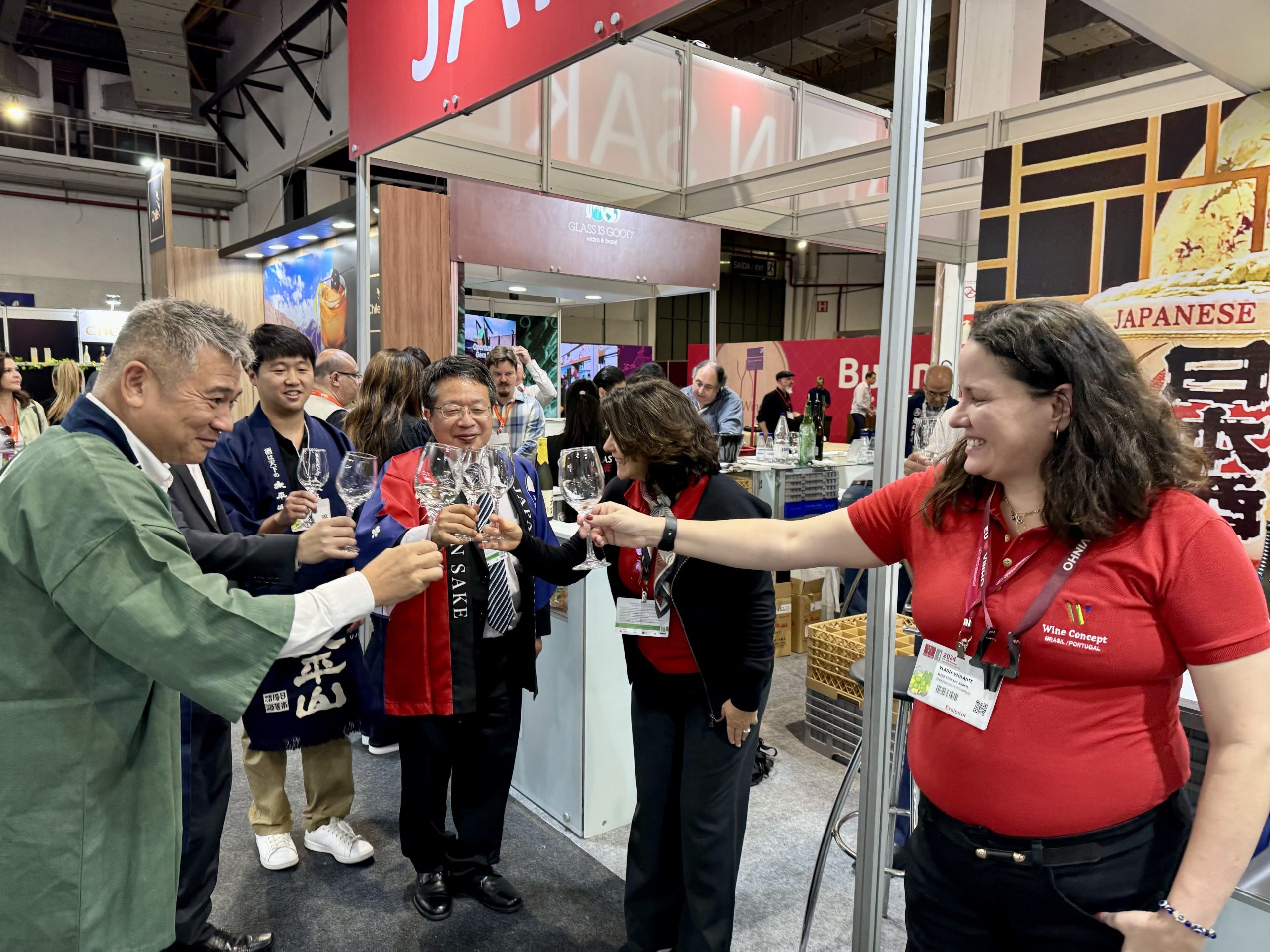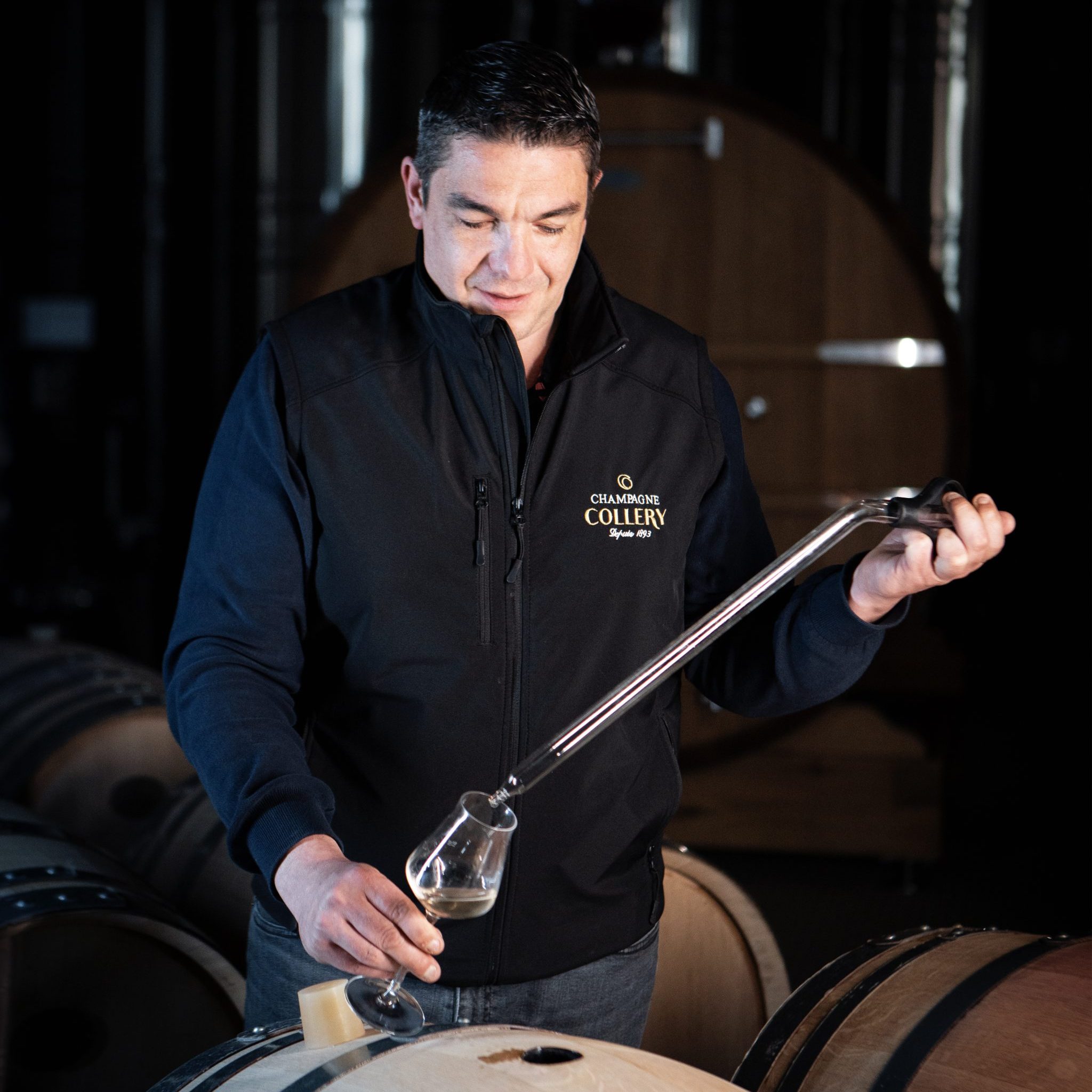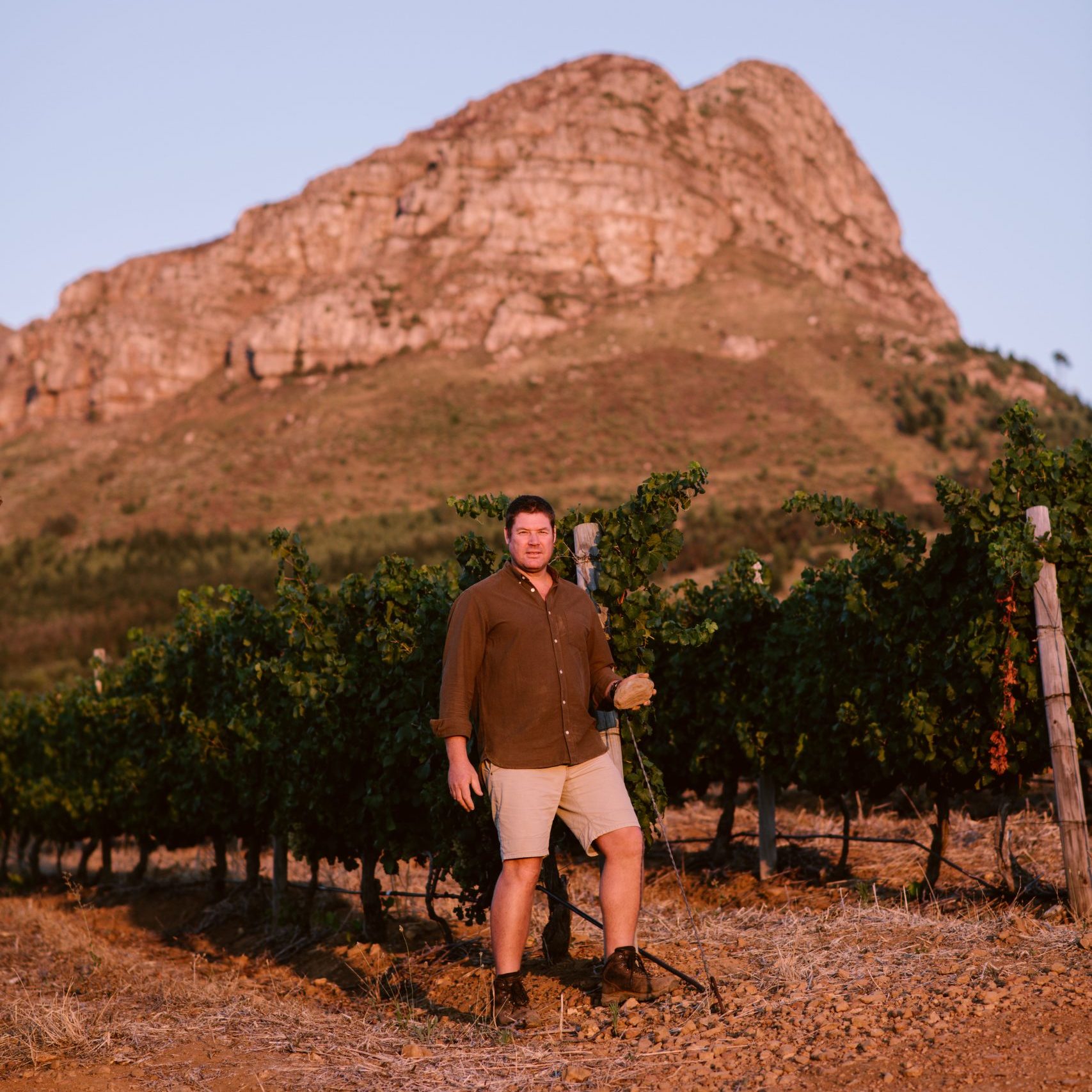Argentina: women in wine
By db staff writerIt seems surprising, but as recently as a generation ago, women in Argentina were kept at arm’s length by the wine industry. But today, as Amanda Barnes writes, the country is nurturing some of the brightest female winemaking talent in the world.
Twenty years ago, one was hard-pressed to find a female working in the wine industry in Argentina, let alone a female winemaker. But today women are taking their place in the sector and this year’s Argentina Wine Awards boasted an all-female tasting panel, bringing to light the role that many of the so-called “fairer sex” now play in the industry.
This list looks at some of the female trailblazers in the industry, in particular some of the up-and-coming young female winemakers who are making their mark in Argentina.
Susana Balbo
Susana Balbo is unquestionably one of the most remarkable women in wine, not only in Argentina. Head winemaker and owner of Dominio del Plata, Balbo is at the top of her game, but reaching these heights as a woman was not easy.
Hardships began early for young Balbo, who had wanted to study physics, but due to the military dictatorship had to pick a degree closer to home, which in Mendoza means winemaking.
Even the early ‘80s, Balbo wasn’t the only female in the class – out of 33 classmates, 17 were women. She was, however, the only woman to graduate, making her the first female winemaker in South America. She puts the low completion rate down to having to take a late night bus (past the 10pm curfew), creating more vulnerability for women during the tyrannical military regime. Life wasn’t easy as the first female in the profession. “I couldn’t get a job in Mendoza; I was rejected from many applications because I was a woman,” she confesses. It wasn’t until an opportunity arose in Salta that she got her first job in a winery, partly because some of the hiring process was made by a headhunting firm in Paris, France.
Her move to Salta was indeed fateful, and Balbo is now coined “the Queen of Torrontés” for her work with Argentina’s native white variety there. Having proved her deserving place in a “man’s industry”, she returned to Mendoza as a reputable winemaker and eventually started her own company, aged 38.
Many women have joined her in the realms of winemaking but few own a winery. “Today it is much easier for women to have their place in the industry,” she analyses. “But the current political environment makes it difficult for young women to have their own company. They should keep dreaming though, I have great hopes that the politics of the country will change soon.” So adamant is Balbo to see a change of wind for women and politics that she is now running as a parliamentary candidate in Mendoza. With the presidency of Wines of Argentina already under her belt – and a proven track record of succeeding in the face of adversity – her ambitions may well be realised.
Laura Catena
One of the greatest spokespersons and ambassadors for Argentine wine abroad, Laura Catena splits her time between San Francisco where she is a doctor, and Mendoza where she works in her family winery, Catena Zapata. Author of Vino Argentino, 2014 president of the IWSC, international guest speaker – Catena’s achievements are endless.
Although she might already be considered as reaching a par with her industrious father Nicolas Catena in terms of promoting Argentine wine, it is her work as a scientist that is most remarkable. When she started working at the winery in 1995, there were few women and convincing a largely male team that she, a young female graduate, knew better when it came to vineyard research was a challenge. “One time I asked our viticulturist to show me all the places where we were doing research. At every place he showed me a different trial, different altitudes, plant densities, pruning methods, varieties. Every time I asked him “Where are the controls?” but I soon realised that there weren’t any. To me, one couldn’t call this research, and I said that to our viticulturalist. He turned back to me with a big smile and said, “Laura, you should really dedicate yourself to marketing because that is where we need the most help.”
Instead, she founded the Catena Institute of Wine with the first Malbec plant selection in 1995. “Today our institute does world-class research which is published in prominent international journals like The American Journal of Viticulture and Enology, The Journal of Food Chemistry and the Journal of Phytochemistry among others. And if any winemaker or viticulturalist asks me about marketing they know that the answer will be ‘the best marketing is to make the best wine’.”
Catena’s defiance and attention to detail not only makes her a standout woman in the company, but a great migrator of international knowledge into Argentina and a considerable communicator of Argentina to the outside world.
Gabriela Celeste
While female winemakers are growing in number, female wine consultants are still a very rare breed. After meeting the French consultant winemaker Michel Rolland while working in Trapiche in 1996, Celeste began her international education in wine and is now the right hand of Rolland as his partner at their consultancy firm, EnoRolland. Though she works under the Rolland brand as a consultant, Celeste has made a name for herself in her own right.
Consulting for over 15 wineries across Argentina, her well-respected reputation is synonymous with her tireless energy and she is even working on the launch of her own wine label – Escarlata. “To work in the wine industry, considered the activity of men, is a challenge,” admits Celeste. While she sees the advantages of men not viewing her as competition and being polite enough to let her speak, there are particular disadvantages as a female wine consultant. “You are more exposed to criticism, which demands a certain emotional intelligence,” she remarks. “When it comes to the moment where you have to take decisions, it is difficult to explain and make a masculine world understand.
Interpersonal relationships are important and taking assertive decisions can be confused with the authoritarianism of a woman.”
It takes a strong woman to convince an industry that she wears the trousers. But Celeste does it with grace.
Andrea Marchiori
Having grown up running around her father’s vineyard in Lujan de Cuyo, Andrea Marchiori’s choice of career was a natural one. Completing her winemaking degree as the only woman in the class, she headed to Sonoma in the US with her husband and fellow winemaker, Luis Barraud. There they met flying winemaker Paul Hobbs and while overseas began talks about a partnership back in her hometown of Mendoza. Now, with Hobbs and Barraud, Marchiori fronts a successful winery – Viña Cobos – where you can find some of Argentina’s most acclaimed and expensive wines.
Having grown from 1,500 cases to 100,000 cases in just over a decade (and launched a side project with her husband, Marchiori-Barraud), Marchiori knows a thing or two about making a wine business successful. And while she is adamant that her experience has been privileged for working in environments where women were accepted as equals, she admits there were challenges to face. “My whole career has always been with men,” she reflects over the last 20 years. “When I started working in a winery as a young woman, some men found it shocking to have a woman telling them what to do. You always have to keep in mind that you are a woman and that you are there because you have a capacity. And once men understand that, they respect you too.”
In Argentina Marchiori has proved her capacity as a woman, and a winemaker.
Partner Content
Laura Principiano
Today Bodega Zuccardi is one of the most exciting operations in Argentina. A large family winery with young gun winemaker Sebastian Zuccardi at its head, it has brought forward innovations, finesse and has just opened a landmark new winery in the Uco Valley. Behind every great captain there is a great skipper, and the skipper of Zuccardi’s vessel is a woman – Laura Principiano.
Plucked straight out of university to join Zuccardi in the winery’s experimentation lab, Principiano feels blessed to have landed a great job early on in her career. “I’m very privileged to work in a company with a family that takes importance in people and not in their gender,” she comments. Although fortunate, Principiano is a hard worker and has been instrumental in the progress of Zuccardi’s style and critical acknowledgements. Her work in the development and experimentation lab have led her to take charge – along with Sebastian – in the production of the winery’s top wines. “Laura is much more than an agronomist or winemaker, her perception and passion for wine transpass the technical barrier,” says Zuccardi.
“I find it difficult to think of what we would be doing without her. Wine needs more people like Laura – she is undoubtedly one of the references of Argentina.” In this case, Principiano proves that the “right-hand-man” can be just as deservedly a woman.
Andrea Muffato
Coming into winemaking after having four children, Mufatto juggles motherhood with her growing career as the second winemaker for Zorzal and head winemaker for the family winery Gen del Alma. “Being a winemaker and a mother of four children is complicated! But winemaking is a lifestyle for us as a family, and with Gen del Alma we get to live our dreams and make these wines,” she says.
Mufatto, like her brothers-in-law, winemakers Matias and Juan Pablo Michelini, and husband Gerardo Michelini, is a fan of a leaner, fresher style of wine with high acidity and more natural winemaking methods. Her wines focus heavily on playful co-fermentations, like, for example, “Ji Ji Ji”: a slightly madcap carbonic co-fermentation of Malbec and Pinot Noir.
Mufatto is one of the most daring female winemakers at the moment. Her plan to take the whole family, including her 18-year-old son and protégé, to Spain for a harvest this year, proves that you can juggle winemaking and family life, and have fun doing it.
Valeria Antolín
Hailing from a winemaking family, it wasn’t a surprise to Antolín’s father, himself a renowned sparkling wine producer, that she wanted to study agronomy and winemaking. What might have been somewhat surprising is that her female cousin and younger sister
soon followed suit.
After working in working at Viña Cobos, Antolín settled into a full time role in 2003 with her current employer, Piatelli, where she climbed her way to become head winemaker for both their Mendoza and Cafayate wineries. Antolín has been significant in the development of the brand and in particular surprised many with her take on Torrontés. “I always saw that Torrontés was very nice in the nose but in the mouth it was a little light for me, so in 2005 I decided to do some barrels with Torrentés and we continue doing it every year,” she says about her partially oaked expression which bucks the trend for this usually lightly styled variety.
Stepping into winemaking as a woman was no challenge for Antolín, who made her first wine with her father at 15 years old; the greater challenge has been managing motherhood and a full time job, which she does with aplomb.
Paula Borgo
Head winemaker for Spanish-owned Bodega Septima, Paula Borgo is responsible for the still and sparkling wine production of one of the bigger wineries in Mendoza.
Her path in the industry also began through family: “My relationship with wine is due to my father, he is an agronomist that is very well connected to the sector,” says Borgo. “As a young girl, the countryside, the vineyards and wine accompanied me through to my adolescence. I have many happy memories with a glass of wine in my hand, and then the passion transformed into an obsession, a study, a quest for perfection, and lots and lots of work!” Nowadays Borgo travels around the continent and further afield as not only the winemaker for Septima, but a female spokesperson for the wine industry.
Paula Gonzalez
One of the youngest female winemakers in the profession, 25-year-old Paula Gonzalez is second winemaker at Bodega Casarena in Luján de Cuyo. Working under head winemaker Bernardo Bossi Bonilla, Gonzalez has played a hand in the development and launch of their latest DNA range and single vineyard range. While Malbec is still the flagship of the winery, it is a different variety that is the apple in Gonzalez’s eye: “Malbec is one of the most important varieties for us, but I think Cabernet Franc is one that is going to explode,” she predicts.
With an early start to her career as a winemaker and under the guidance of an experienced team, like the lesser discovered varieties of Argentina, Gonzalez is one of the yet undiscovered new generation of female winemakers that will undoubtedly make an impression in the future of Argentine wine.
Other women in the industry
“There are many families with daughters who want to work, and because family wineries and vineyards are such a big part of the industry it is inevitable that there will be more women working in every aspect of winemaking,” says Laura Catena, herself the daughter of one of Argentina’s most renowned vignerons Nicolas Catena. The final spot on our list of women in wine is dedicated to the many women who are making the industry what it is today.
Among the female winemakers and agronomists to watch are: Lorena Mulet (Cruzat), Carola Tizio (Vicentin), Soledad Vargas (La Anita), Estela Perinetti (LUCA), Silvia Corti (Argento), Romina Carparelli (Margot), Celia Lopez (Navaro Correas), Victoria Pons (Melipal), Pamela Alfonso (Altavista), and Victoria Prandina (Trivento).
Of course, for all the daughters moving into the industry as career-women, the industry would never have developed to such an extent if it weren’t for the dedicated wives and mothers too, many of whom have not only supported their husbands in a gruelling and time-consuming career, but raised a family that respect and admire their wine heritage.
Women also occupy some of the top sommelier and educator positions in Argentina, notably including Marina Beltrame (the first female sommelier in Argentina, and founder of Escuela Argentina de Sommelier) and Paz Levinson (currently “Best Sommelier of the Americas”). Wine is no longer the realm of only men in Argentina. Women are an increasingly integral part in the offices, the sales rooms, the restaurants, the laboratory, the winery, and the field.




